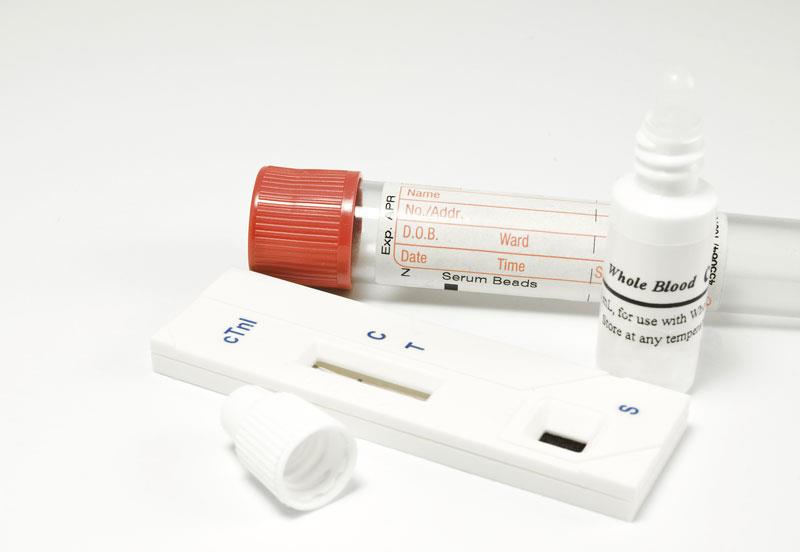
Higher levels of high-sensitivity cardiac troponin T (hs-cTnT) in ischaemic stroke patients without dementia translate to a higher prevalence of cognitive impairment at baseline and at the 3-year follow-up, according to data from PROSCIS-B* study.
PROSCIS-B involved 555 patients (mean age, 67 years; 62 percent male; median National Institutes of Health Stroke Scale, 2). Researchers assessed cognitive function using Mini-Mental State Examination (MMSE; scale, 0–30; cutoff for cognitive impairment: ≤26; n=544) at baseline, as well as with Telephone Interview for Cognitive Status–modified (TICS-m; scale, 0–50; cutoff for cognitive impairment: ≤31) after 1–3 years of follow-up.
Of the 456 patients with detectable baseline hs-cTnT, 219 (39.5 percent) exhibited increased levels (≥14 ng/L). This group of patients were older, had worse renal function and more comorbidities. Patients in the highest vs lowest hs-cTnT quartile had lower MMSE scores (median, 27 vs 29) and a higher prevalence of cognitive impairment based on MMSE (adjusted risk ratio [RR], 1.76, 95 percent confidence interval [CI], 1.07–2.90).
TICS-m scores during the follow-up were consistently lower in patients in the highest vs lowest quartile of hs-cTnT. At 1 year, the adjusted RR for cognitive impairment based on TICS-m was 1.38 (95 percent CI, 1.01–1.87).
There were no considerable changes observed in poststroke cognitive function over time in any group, indicating that cognitive function after follow-up depended mainly on baseline cognitive performance, the researchers explained.
Additional investigation is warranted to explore whether cardiac biomarkers can be used to predict poststroke cognitive impairment, they added.
*Prospective Cohort With Incident Stroke Berlin